Journal
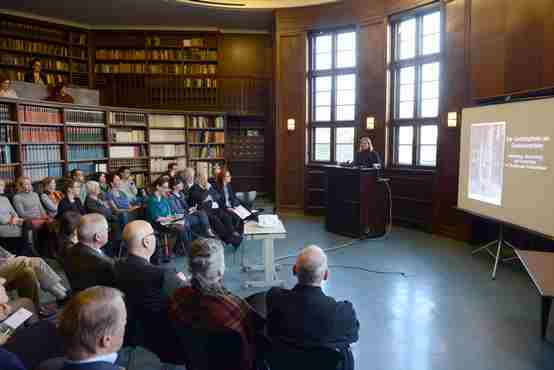
Grußwort der Senatorin Katharina Fegebank
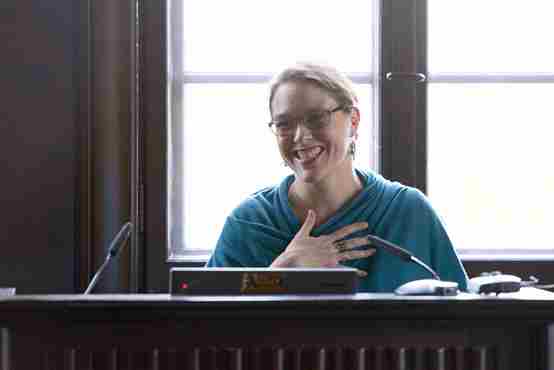
Preisträgerin Jacqueline E. Jung
Fotos: Thies Ibold
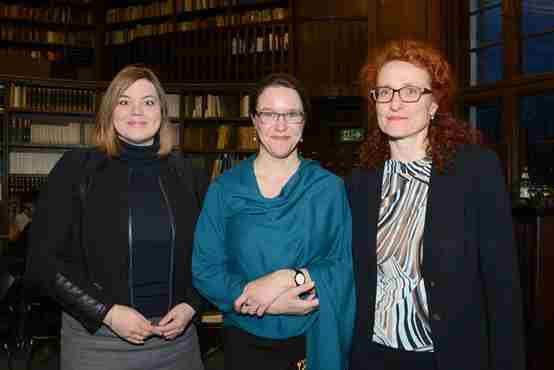
Jacqueline Jung mit Senatorin Katharina Fegebank (l.) und Laudatorin Margit Kern (r.)
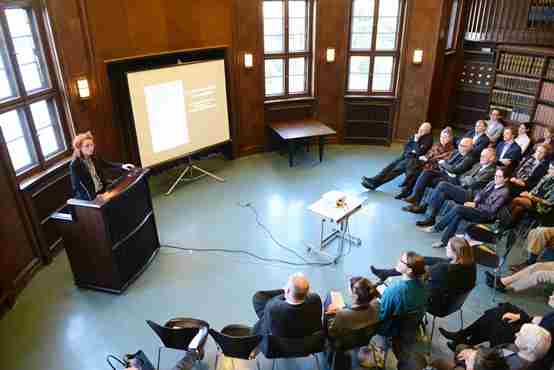
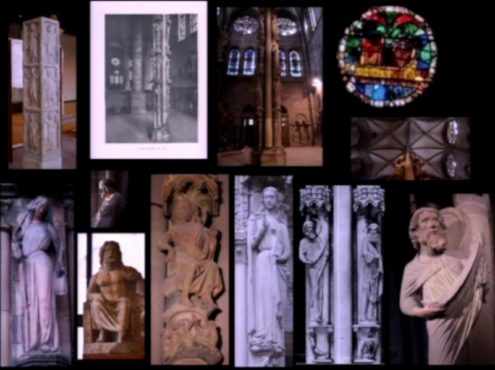
Lecture by Jacqueline Jung online
THE ›GERICHTSPFEILER‹ AS ›GEDANKENPFEILER‹: MOVEMENT, MEDIUM, AND MEMORY IN THE STRASSBURG SOUTH TRANSEPT
Long mediated by a few highly artificial photographs made in the 1920s, the monumental Pillar of Judgment (a.k.a. Pillar of Angels) in the thirteenth-century south transept of Strasbourg Cathedral has come to be understood as a fairly straightforward, if singular, example of Gothic religious art – a transposition of conventional Last Judgment imagery, rendered in a transitional late Romanesque/early Gothic style, into a liturgical space. Encounters with the work from natural standpoints on the ground – including the many „hotspots“ of liturgical and judicial action within and beyond the transept – yield entirely different perspectives. Drawing together the various impressions this multifaceted monument presents within its original spatial context, considering the associations it summons up with other works of sculpture known to contemporaries, and teasing out its analogies with the stained glass imagery that alternately illuminates and obscures it, this lecture offers a new understanding of the pillar. Seen in flux, the pillar reveals itself not only as a support for iconography but, even more, as a ‚tool for thinking‘: it prompts reflections about the nature of sacred space, the limits and possibilities of human vision, the flows and ruptures of time, and the ever-presence of the divine in the world.
Publikationen / Wissenschaftspreis